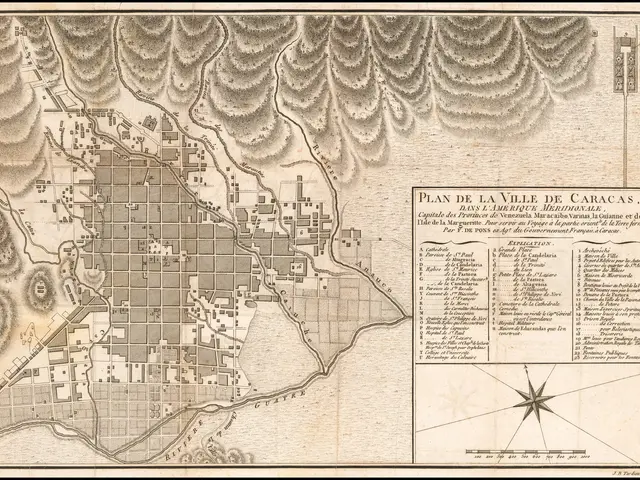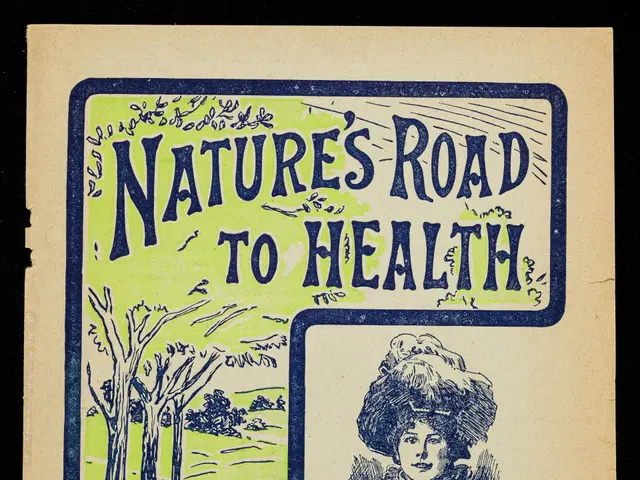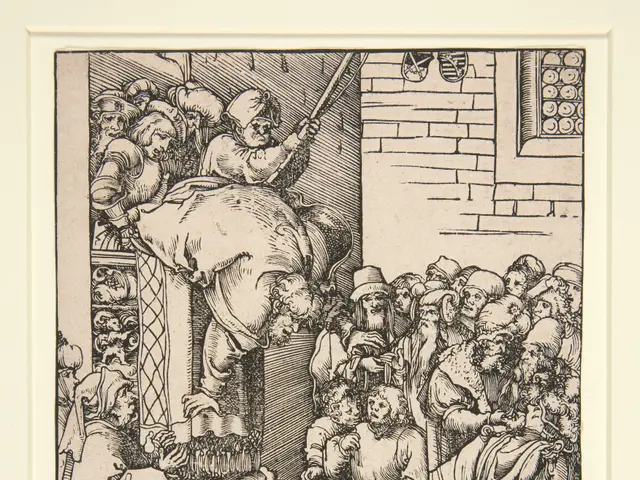Caffeine’s hidden cost: How evening coffee sabotages deep sleep
A new study reveals how caffeine disrupts deep sleep by keeping the brain in an alert state, even at night. Published in Communications Biology in April 2025, the research used AI to analyse brainwave changes in participants after consuming caffeine. The findings highlight how timing and age influence its effects on rest.
The study involved 40 healthy adults who were given 200mg of caffeine—roughly two cups of coffee—on one evening and a placebo on another. Brain activity was recorded using EEG to compare the differences. Led by first author Philipp Thölke, the team found that caffeine suppressed slow theta and alpha waves linked to deep sleep while boosting beta waves, which are typical of wakefulness.
The research focused on the brain’s 'criticality', the balance between order and chaos that allows it to respond effectively to stimuli. Caffeine kept the brain in a more reactive state, reducing the restorative benefits of deep-sleep phases. This effect was particularly strong in younger participants aged 20 to 27, as their brains have a higher density of adenosine receptors, which caffeine blocks.
Older adults, aged 41 to 58, experienced a milder impact. The study concluded that sleep quality matters more than duration and that careful timing of caffeine intake could help improve rest.
The findings suggest that caffeine’s disruption of deep sleep varies by age and consumption habits. Younger people may need to be more cautious about evening intake to protect sleep quality. The research reinforces the idea that when and how much caffeine is consumed can significantly affect night-time recovery.








